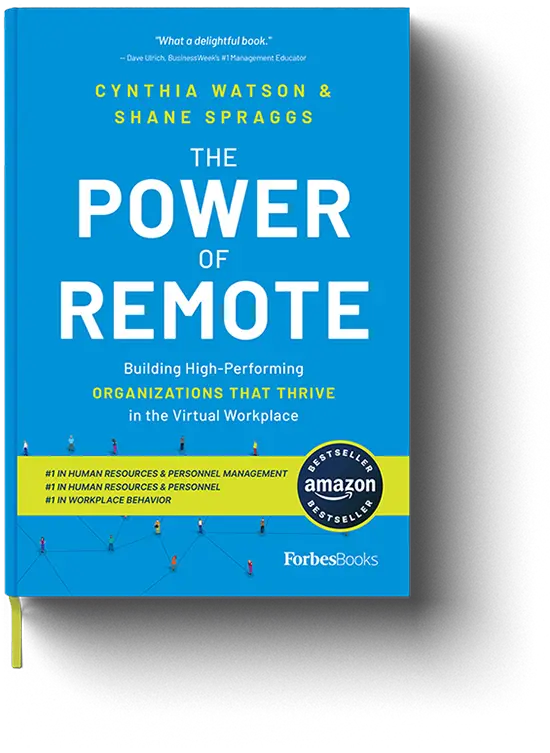
A crucial element of building a successful firm has been and always will be finding great people to drive development and growth. But with the post-pandemic increase in remote work, this has gotten significantly more difficult. Hiring managers are suddenly getting less face time with job applicants, which means less time to get to know them and their character.
What’s more, companies are only beginning to understand which skills and qualities are most likely to ensure remote success. So, what should you look for?
Of course, the best candidates will be able to communicate efficiently and effectively. They will have a strong base knowledge of, and facility with, technology, as well as an ability to solve problems on their own, on the fly. They’ll also be enthusiastic and curious, disciplined, self-motivated, and maybe just a little outside the box. But how to find them?
One compelling quality to seek in new hires might come as a surprise: a strong non-working life. We’ve found that folks with a personal passion project or beloved hobby—it might be surfing, raising chickens, or hiking 10,000-foot mountains—are driven to perform well and set clear boundaries between work and life, helping them avoid burnout.
It sounds counter-intuitive. After all, why hire someone who’s more interested in cycling or spelunking than the work you plan to pay her good money to do? But it is precisely those interests that drive such people to work more efficiently and more productively.
They don’t want their work to take all day; they want to get it done (so they can chase their passion with a clear head). Of course, this is also what their managers want, though for different reasons. Today, most of our best-performing Virtira staffers use their job as a means to a passion-project end. They push themselves to excel at work to earn the money and freedom that enables them to enjoy their dream life. The incentive to do the work, and do it well, is unmistakable.
A more commonly used personality gauge for remote is introvert-extrovert. This tends to be an over-simplification, as most people are a combination of the two. But if you’re going to lean one way or the other, at Virtira we’ve found that introverts tend to do better at remote. Most are observant, thoughtful, and good listeners, which means they have strong social antennae and are able to see problems developing early, which is incredibly helpful with workers collaborating virtually.
OK, so you’ve determined that your candidate is invested in remote as a style of work and possesses key attributes for virtual efficacy and made the hire. What’s the best way to bring them on board? New hires are not unlike strangers in a strange land, in need of guidance and understanding if they’re to begin making a positive impact within a reasonable timeframe.
With remote work, new hires lack the advantage of physically being in that new land —i.e., the office. That’s why it’s critical that today’s businesses have robust and comprehensive institutional onboarding programs. Remote puts a great deal more responsibility on the employer to establish structure, which means that onboarding needs to be that much more committed to strong institutional socialization.
Onboarding must begin immediately after the hiring is official, with a welcome email from the CEO that details the company’s vision and mission. This should continue through their first day of work, their training in all the relevant tools and databases, introductions to colleagues, and, perhaps most importantly, regular reviews throughout their first few months.
It’s crucial to remember that the vast majority of the responsibility for making successful hires is not on the shoulders of the new employee, but on management and their colleagues. Preparation, awareness, understanding and monitoring are all paramount. With all this in mind, there’s no need to fear remote hiring.
This article was first published as an Author Post on Forbes.com

With increased demand for hybrid and fully remote work styles, most firms understand that some form of distance work is here to stay – and have put some remote protocols in place. But are they the right ones?
It’s time to take advantage of the many opportunities remote work presents. Stop saying “we’re not there yet,” and start saying “we’ve arrived!”
This book will show you how.